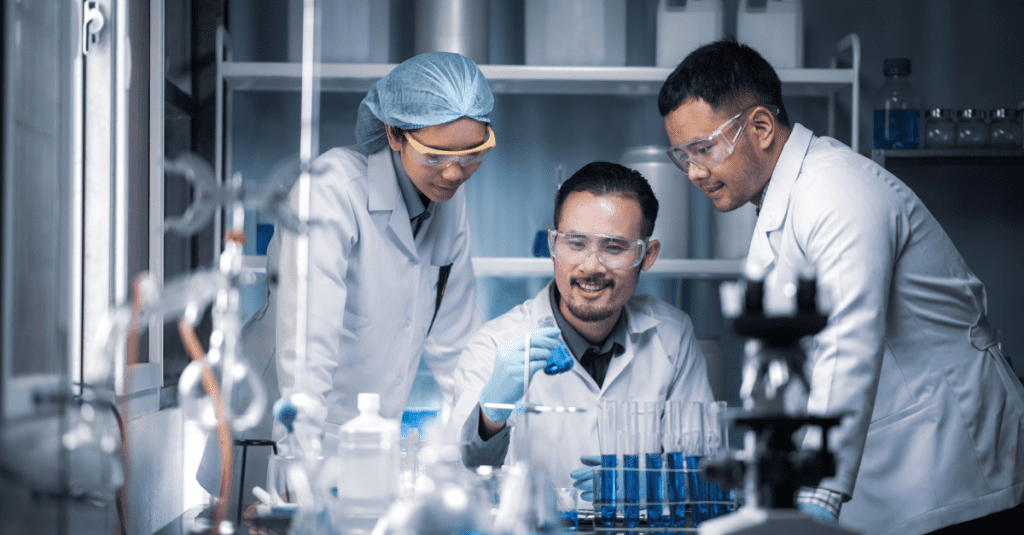Water is a fundamental resource for both healthcare & life sciences industries, playing a critical role in various applications. From patient care to pharmaceutical production, the quality of water used is paramount to ensuring safety, product integrity, and compliance with stringent regulations.
Maintaining high water quality is critical in these industries to prevent the following issues:

Water treatment programs designed for the healthcare & life sciences industries typically include the following processes:
The choice of water treatment methods depends on the water quality and the specific needs of the facility. For example, a hospital might use a reverse osmosis system to produce high-purity water for surgeries and dialysis, while a pharmaceutical company might use distillation to create ultrapure water for injectable drugs.
Implementing a robust water treatment program offers several advantages:
Water treatment is crucial to preventing infections, ensuring product safety, and protecting medical equipment from damage.
Common processes include filtration, ion exchange, disinfection, and reverse osmosis.
Poor water quality can lead to infections, product contamination, and equipment damage, all of which can have serious consequences.
Water treatment ensures that facilities meet strict water quality regulations, helping to avoid legal and financial penalties.
Benefits include improved patient safety, enhanced product quality, reduced environmental impact, and prolonged equipment life.